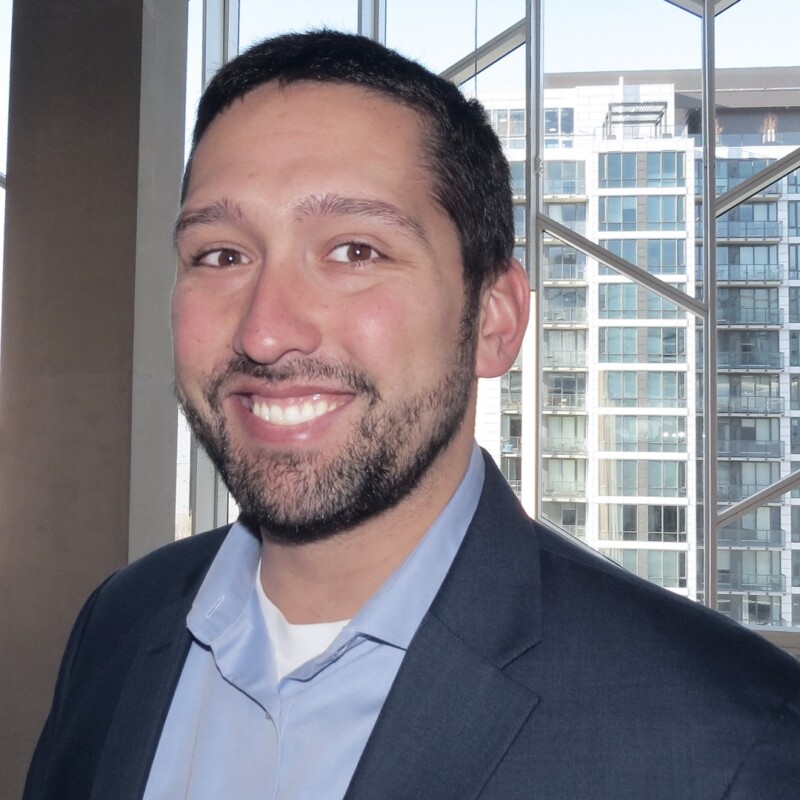Striving for Greater Inclusivity in Sport: Meet Dr. Simon Barrick
 Over the years, Dr. Simon Barrick has served in a number of different roles from teaching and research assistant to sessional instructor and community leader. Throughout all of his experiences, the importance of sport and recreation in building inclusive communities has become very clear to Dr. Barrick. After noticing the exclusion of many individuals and groups, Dr. Barrick knew he wanted to play a role in making sport more welcoming and accessible for all Canadians.
Over the years, Dr. Simon Barrick has served in a number of different roles from teaching and research assistant to sessional instructor and community leader. Throughout all of his experiences, the importance of sport and recreation in building inclusive communities has become very clear to Dr. Barrick. After noticing the exclusion of many individuals and groups, Dr. Barrick knew he wanted to play a role in making sport more welcoming and accessible for all Canadians.
In July 2020, Dr. Barrick became an Assistant Professor in the Department of Experiential Studies in Community and Sport at CBU. “From day one, it was clear that CBU is a small, tight-knit community where colleagues look out for one another,” he says. “Coming from a larger university before this, it was particularly refreshing to get to know my colleagues and support staff on a first-name basis.”
Becoming a university professor was not always Dr. Barrick’s plan. He originally set out to become a high school history and geography teacher, completing studies at both Trent University and Queen’s University. It was his interest in sport that expanded his career aspirations. “I was drawn to graduate school and the opportunity to critically study sport,” he explains. Dr. Barrick completed his Master of Arts in Recreation and Leisure Studies at the University of Waterloo before undertaking his PhD in Kinesiology at the University of Calgary.
The majority of Dr. Barrick’s community studies courses are taken by students in either the Bachelor of Arts Community Studies program, or the Sport and Physical Activity Leadership program, both aimed at providing students with hands-on learning experience to become strong community leaders. During his classes, Dr. Barrick uses real-world examples to engage his students’ critical thinking skills. “I use lots of small groups, class discussions and case studies to get learners talking with one another while applying relevant class concepts,” he says. “A great feature of the community studies courses specifically is that students select the topics they wish to study in the course. This learner-centered pedagogy is so much fun and leads learners to become immersed in their topic and supports them in making a tangible difference in their communities.”
Dr. Barrick is also engaged in several research projects and is part of a national research network that seeks to make the sport of curling more diverse and inclusive. “Last May, we ran a national event – The Changing the Face of Curling symposium – which brought together over 150 delegates from across Canada to discuss curling’s way forward – a sport not generally known for its ethno-racial diversity,” he says.
Since moving to Cape Breton with his partner, Claudia, and cat, Phoebe, just over a year ago, Dr. Barrick says it already feels like home thanks to the wonderful people he has met. He also has a fondness for the natural landscape of the Island.
We’re glad to have Dr. Barrick at the University, and know that his work on inclusion and accessibility will continue to broaden the horizon of sports here in Cape Breton and beyond.